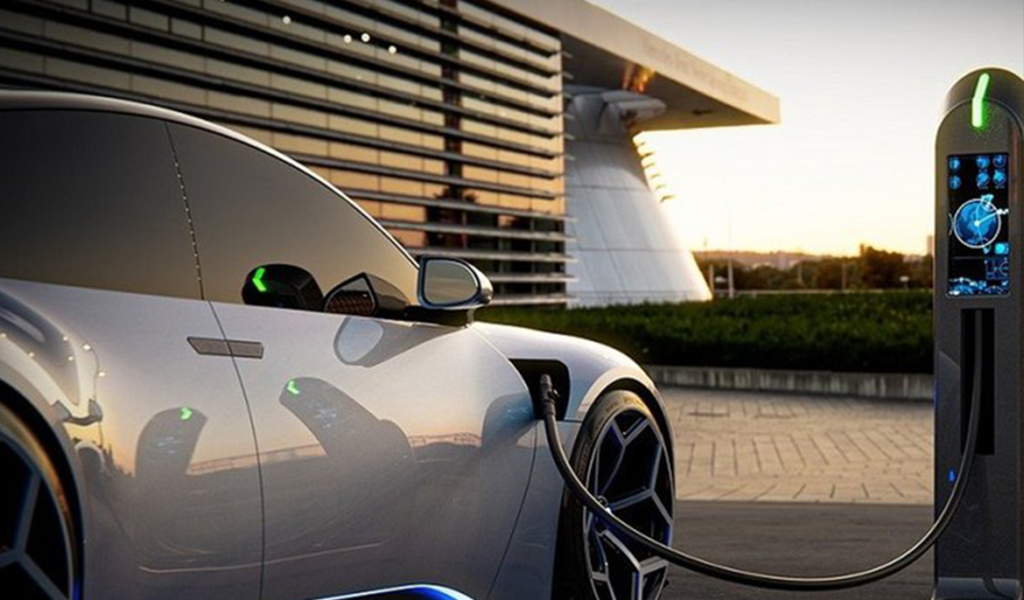Minister of Transport, Communications and Works, Alexis Vafeades
has told the Cyprus News Agency that he was pleased by the interest and response of the public to the grant schemes for the purchase of an electric vehicle, adding that that the optimistic target of 80,000 electric vehicles by 2030 now seems achievable.
“We are pleased with the interest shown by people. We have to admit that it has exceeded our expectations. It shows that the public has understood the benefits of electric mobility and that’s why they are moving with such interest in this direction,” Vafeades said.
According to data released earlier today by the Government Spokesperson Konstantinos Letymbiotis, a total of 2,254 applications had been received by the morning of 20 February since the application process opened on 17 February.
Vafeades said that the big changes in the electric mobility sector are expected to take place when the purchase cost of electric vehicles is further reduced, which “we expect to happen in 2025-2026”.
He noted, however, that “the response we are seeing now is very encouraging in terms of reaching the target of 80,000 by 2030.”
In more detail, Letymbiotis said a total of 2,254 applications for the electric vehicle purchase subsidy plans had been submitted between 17 February and the morning of 20 February, while speaking at the regular briefing of journalists at the Presidential Palace.
He added that the increased interest in the electric vehicle purchase subsidy plans announced by the Ministry of Transport, Communications and Works “proves the feasibility of accelerating the green transition of our country, especially in electromobility.”
In particular, the Government Spokesperson said that 1,187 applications concern the purchase of a new zero-emission (CO2) vehicle, 333 applications the deregistration and replacement with a new low-CO2 emissions vehicle, 60 applications the purchase of a new zero-emission vehicle for a large family, reaching the limit of available applications, 34 applications the purchase of a new zero-emission vehicle for disabled persons and 104 applications the purchase of a second-hand zero-emission private vehicle, also reaching the limit of available applications.
Letymbiotis also said that “there is also a great interest in the commercial categories, as all four grants for the purchase of a new category N2 electric vehicle (commercial gross weight exceeding 3,500 kg but not exceeding 12,000 kg) and two grants for the purchase of a new category M2 electric vehicle (minibus which includes more than eight seats) have been filled.
He added that the application process is carried out online for all sponsorship categories on the Department of Road Transport’s website from 02/17/2024 to 10/11/2024 or until each category’s sponsorship limit is reached (whichever occurs first).
In addition, according to the data, one application was received for the deregistration and replacement with a new low CO2 (up to 50 g/km) taxi vehicle, and 4 applications were received for the deregistration and replacement with a new low CO2 (up to 50 g/km) vehicle for a disabled vehicle beneficiary, 21 applications were received for the deregistration and replacement with a new low CO2 emission vehicle (up to 50 g/km) for a large family and 24 applications were received for a purchase grant for a new zero-emission CO2 taxi vehicle.
In addition, 56 grant applications were received for the purchase of a new category N1 electric vehicle (commercial gross vehicle weight up to 3.500 kg) with zero CO2 emissions, 24 applications were received for the purchase of a new zero-emission category L6e (subcategory “B”) and L7e (subcategory “C”) vehicle and 290 applications were received for the purchase of a new zero-emission category L vehicle [excluding vehicles of category L6e (subcategory “B”) and L7e (subcategory “B and C”)].
Moreover, 57 applications were received for the purchase of a new electric bicycle (assisted cycling) with no restriction on the position of the motor or battery, while 53 applications were received for deregistration in exchange for free tickets worth €250 for use on regular bus services and an one-off payment of €500.
(Source: CNA)



